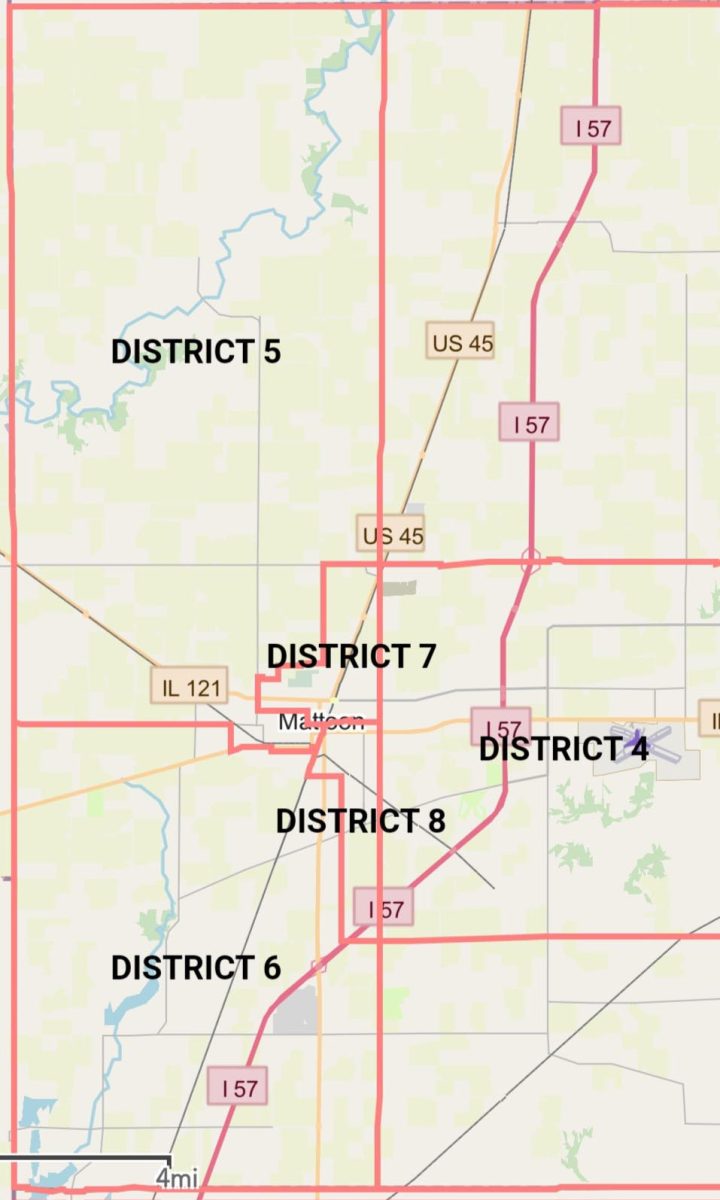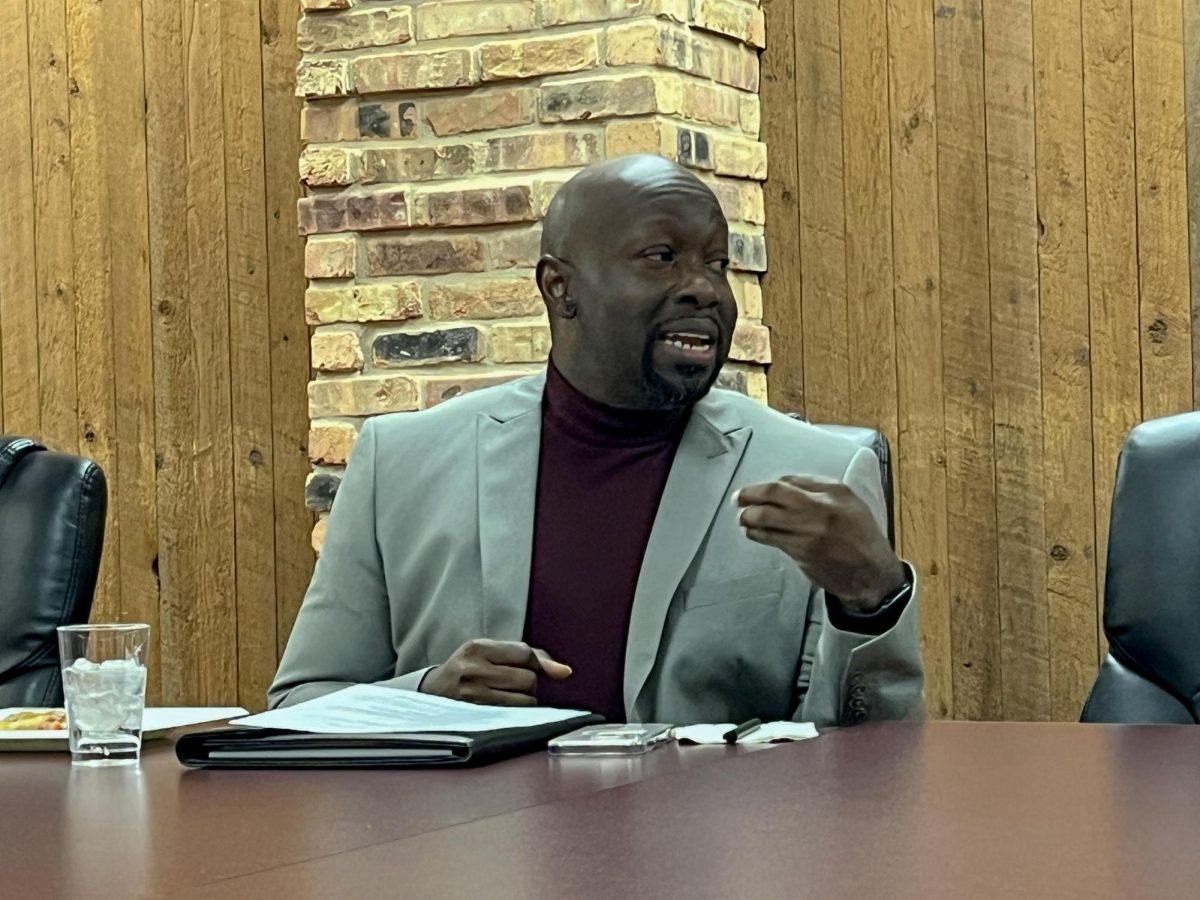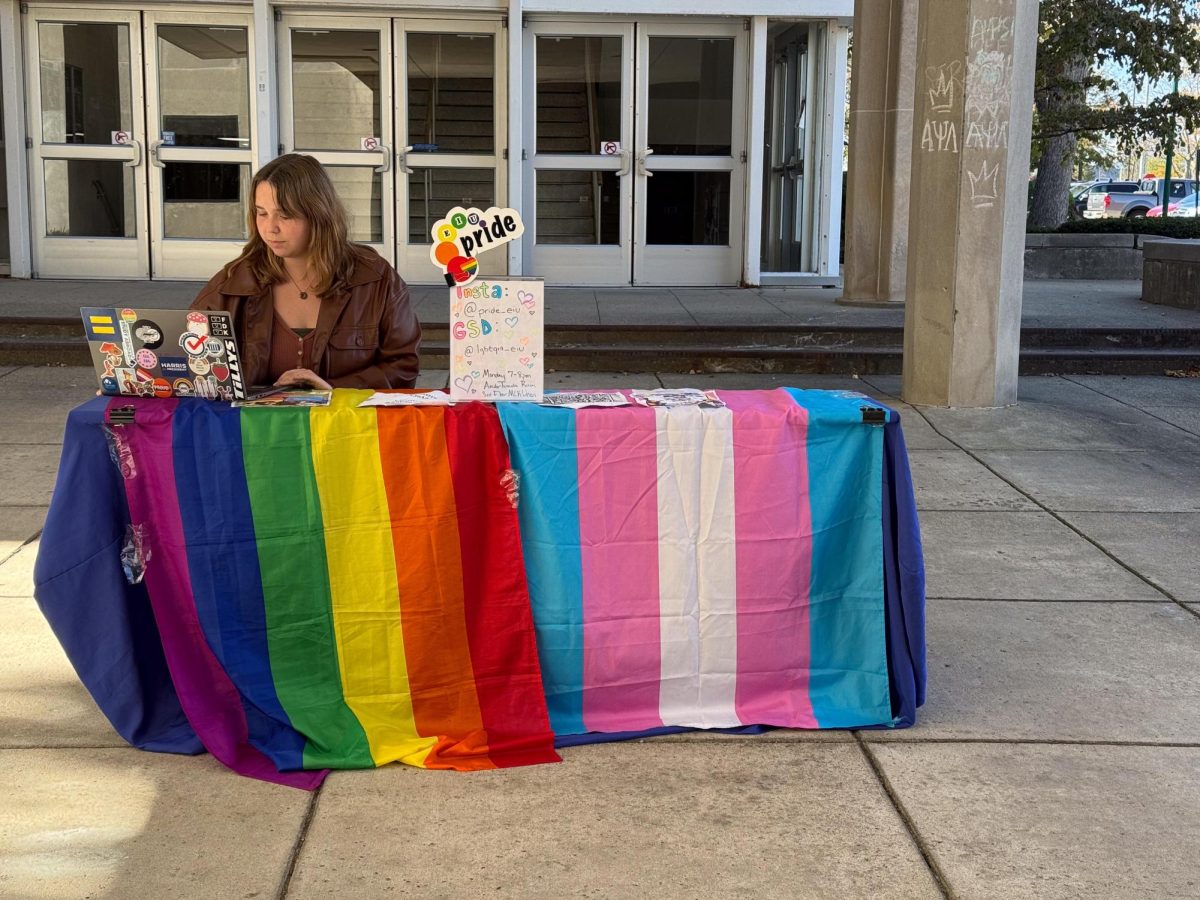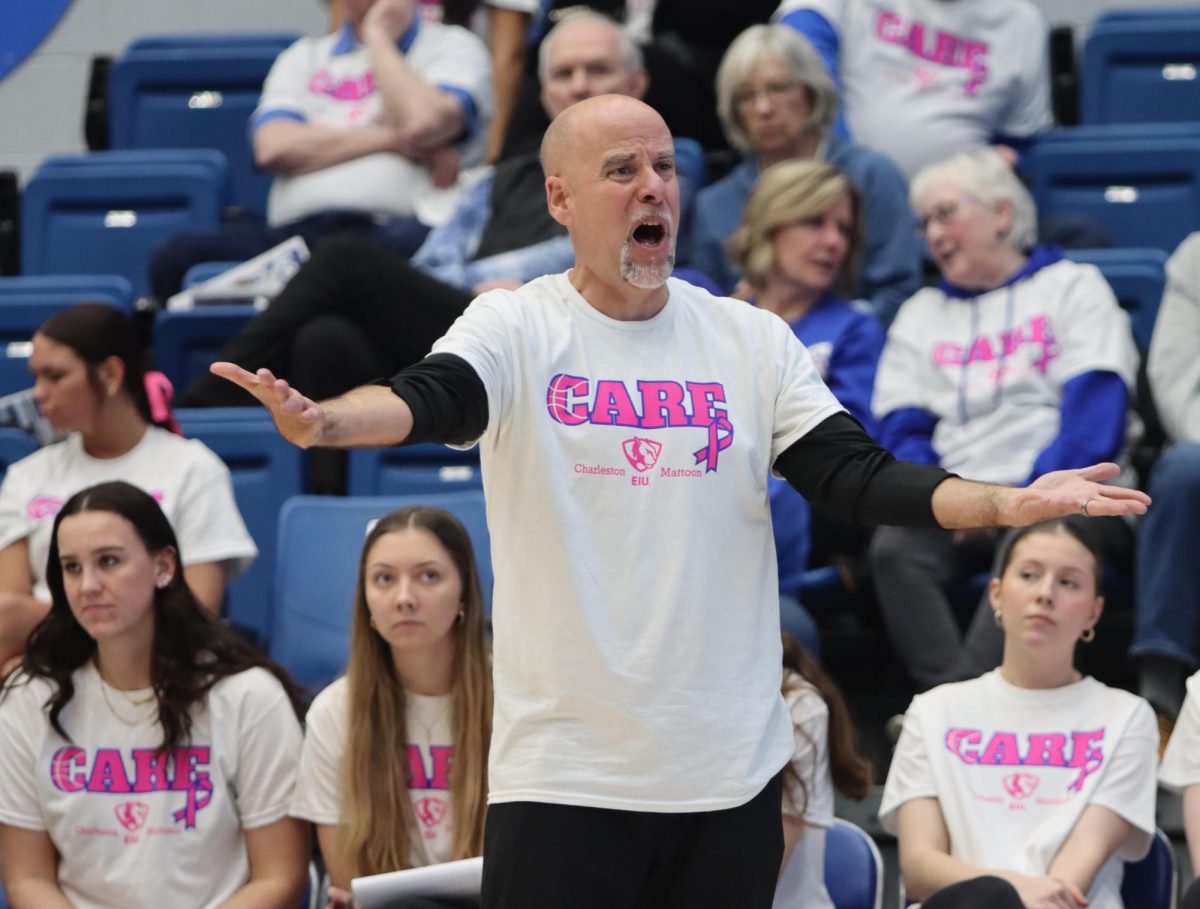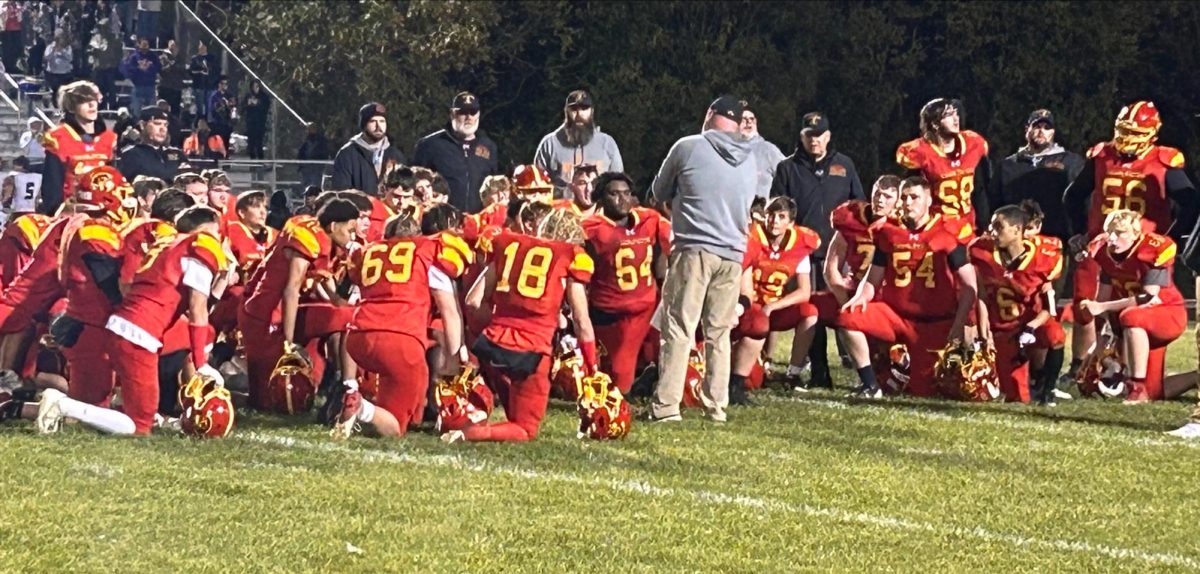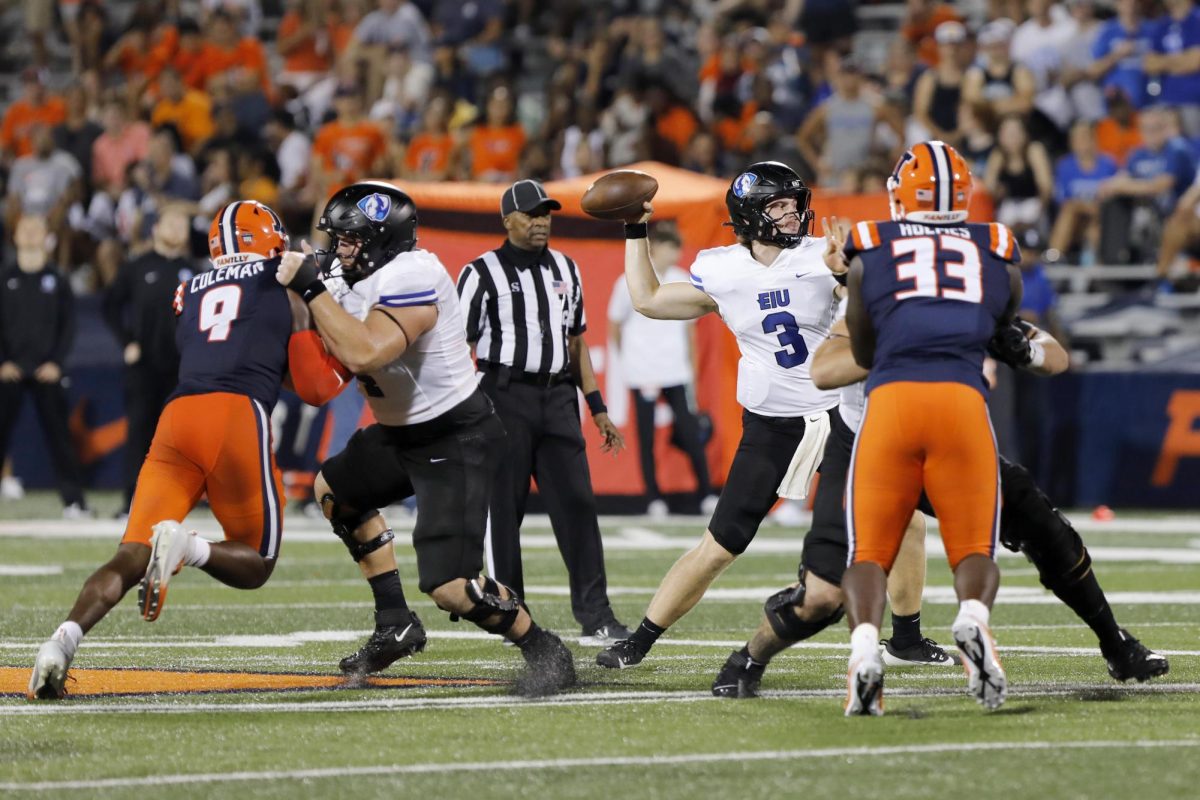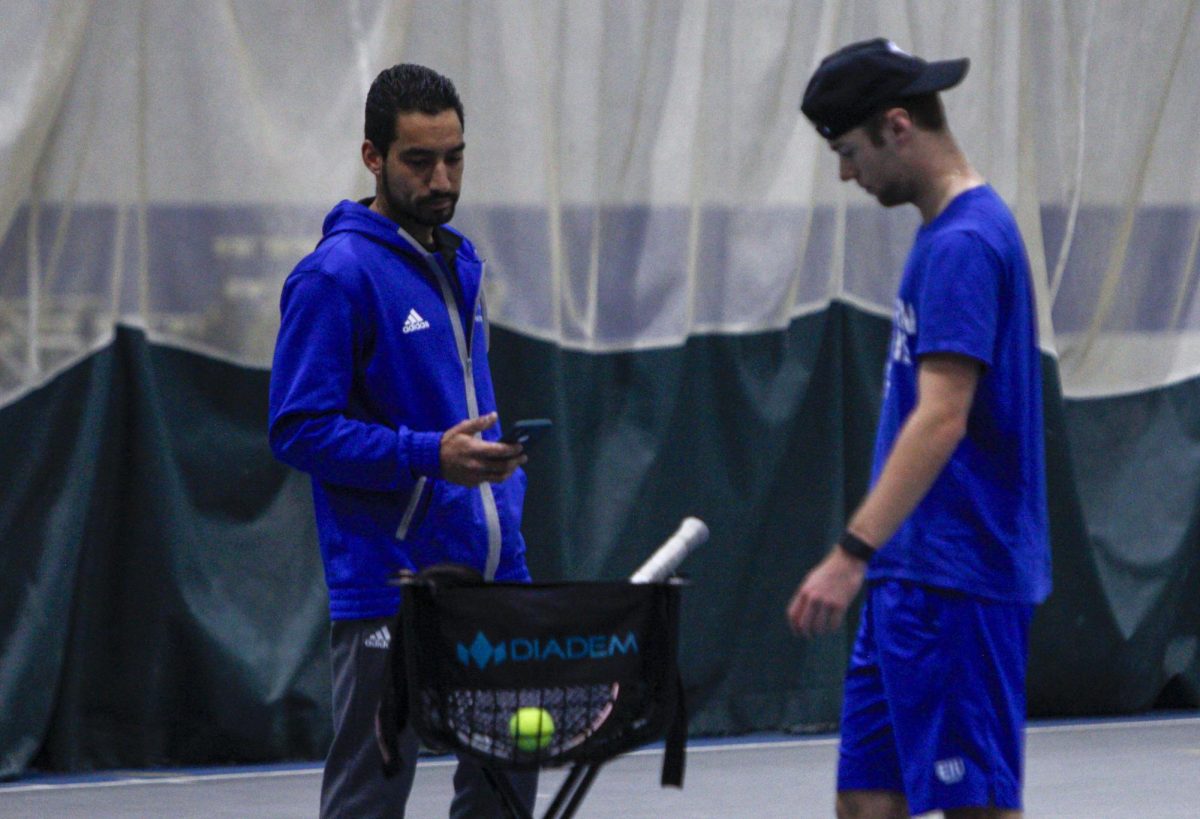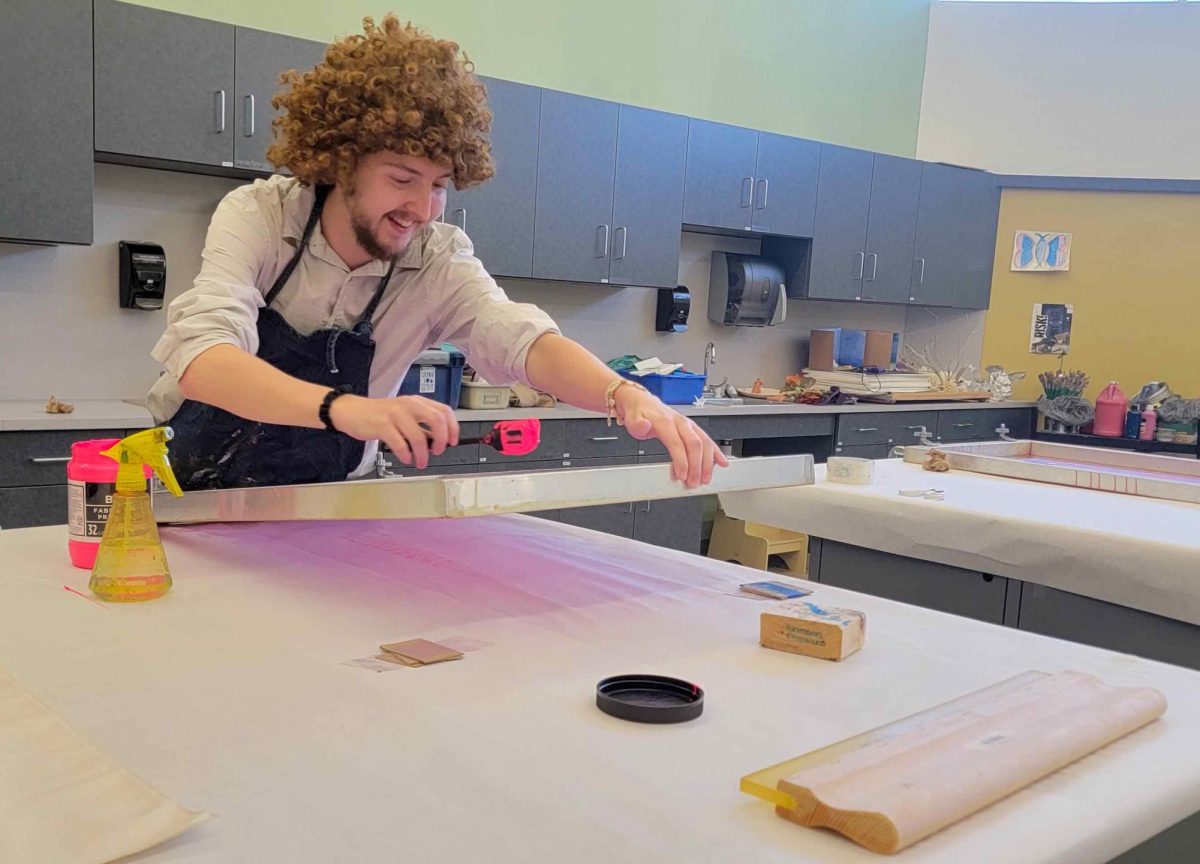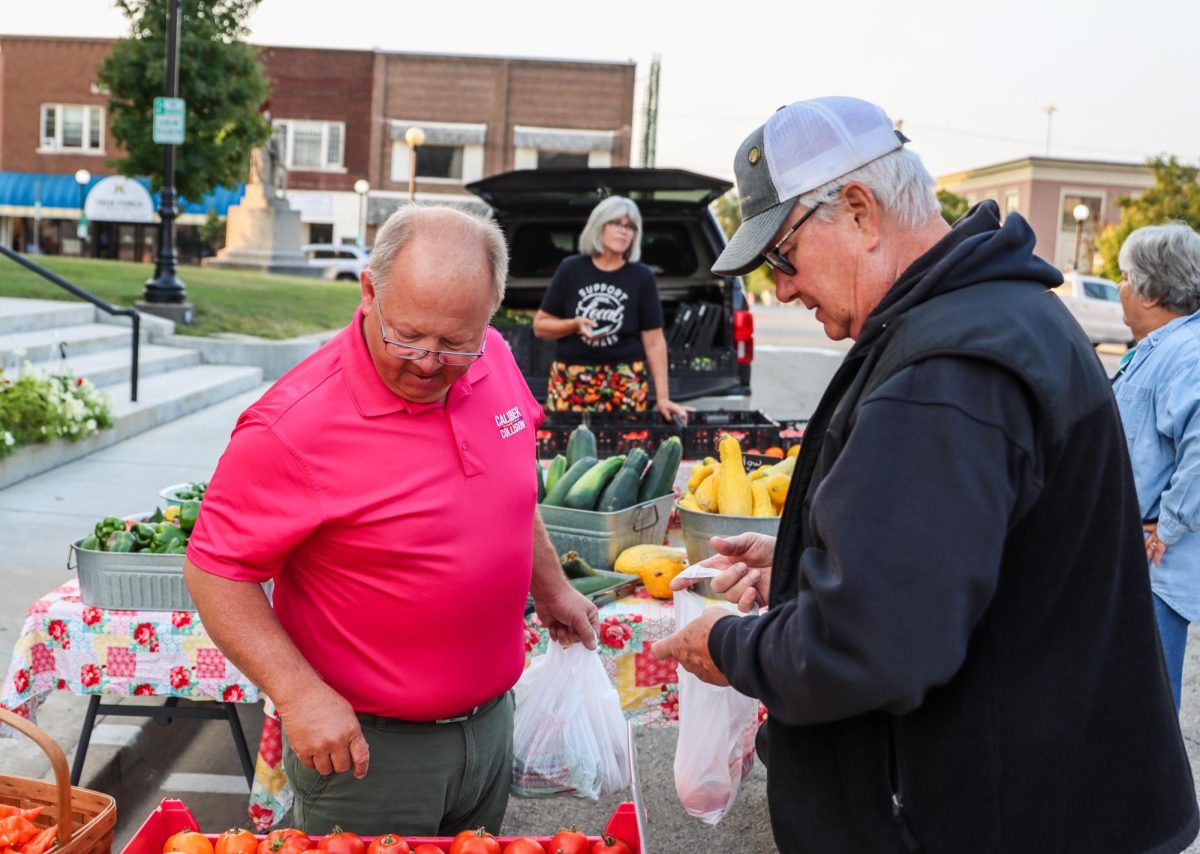Millennial generation forgets meaning of ‘love’
November 26, 2017
No one can deny that the term “love” has completely changed definitions and meanings during the millennial generation.
Over a family dinner Sunday night, my sisters and I got into a discussion about how millennials are almost scared of love and having feelings.
I asked my stepdad Phil what he thinks the term love embodies so I could get an older perspective about love. He referred to the Bible verse that says love is always patient, kind and faithful.
“It’s always patient, that is for sure,” he said.
I told him about how most college students download and uninstall the Tinder app every other month, cheat on their significant others frequently as if it is normal and do not want to “catch feelings,” and all he had to say was “wow.” My stepdad said his definition of love and relationships is completely opposite of what millennials think is OK.
Millennials think it is deemed “uncool” to be faithful to their partner.
“You can’t forget the good things about each other that made you fall in love in the first place,” my mom said.
My sister Alexa said people give up too easily. She said from what she has observed, the average marriage only lasts around three months long.
Statistically, 40 percent of marriages end in divorce, according to refinery29.com.
“I believe that kids your age are almost scared of relationships. You won’t commit, but you don’t want them with some one else. I call it the ‘you want your cake and to eat it too, epidemic,’ my sister Sara said.
Our society almost normalizes bad behavior in relationships and does not praise those who have successful, healthy relationships.
A lot of college students act married to their significant others when dating, which causes the relationship to fail or fizzle out quickly after actually getting married. They basically play house and do things married people do, without the ring or marriage license.
Sara said expectations are mostly what make relationships fail.
“People are too scared to sit down and discuss expectations — nobody wants to talk that out,” she said. “People expect someone to know what your needs are and when they don’t meet them they hold them accountable and hold them at fault. Without communicating the needs, there is never an opportunity for someone to fulfill the needs or expectations.”
I decided to lighten the discussion over dinner about relationships and get an innocent and untainted view of what love is from my niece and nephew.
My niece Amara has an extensive collection of love notes plastered in her bedroom about a boy she goes to school with named “Trevore.” Amara said a sweet and caring boy would make a perfect boyfriend when she gets older, that he would treat her “good” and have respect for her.
My nephew Tajj had to whisper in my ear his answer about what came to mind when I mentioned the word “love.” He said his girlfriend Caroline is a good girlfriend because she gives him hugs, and they do not get in trouble for it, even though Amara thinks they should.
I think millennials have not gotten to witness real relationships like their grandparents had because most come from broken homes, and they did not have a healthy example of what love and relationships are. I hope that what the generations after me think of love evolves into something healthier than what it is currently.
Liz Stephens is a junior journalism major. She can be reached at 581-2812 or ejstephens2@eiu.


